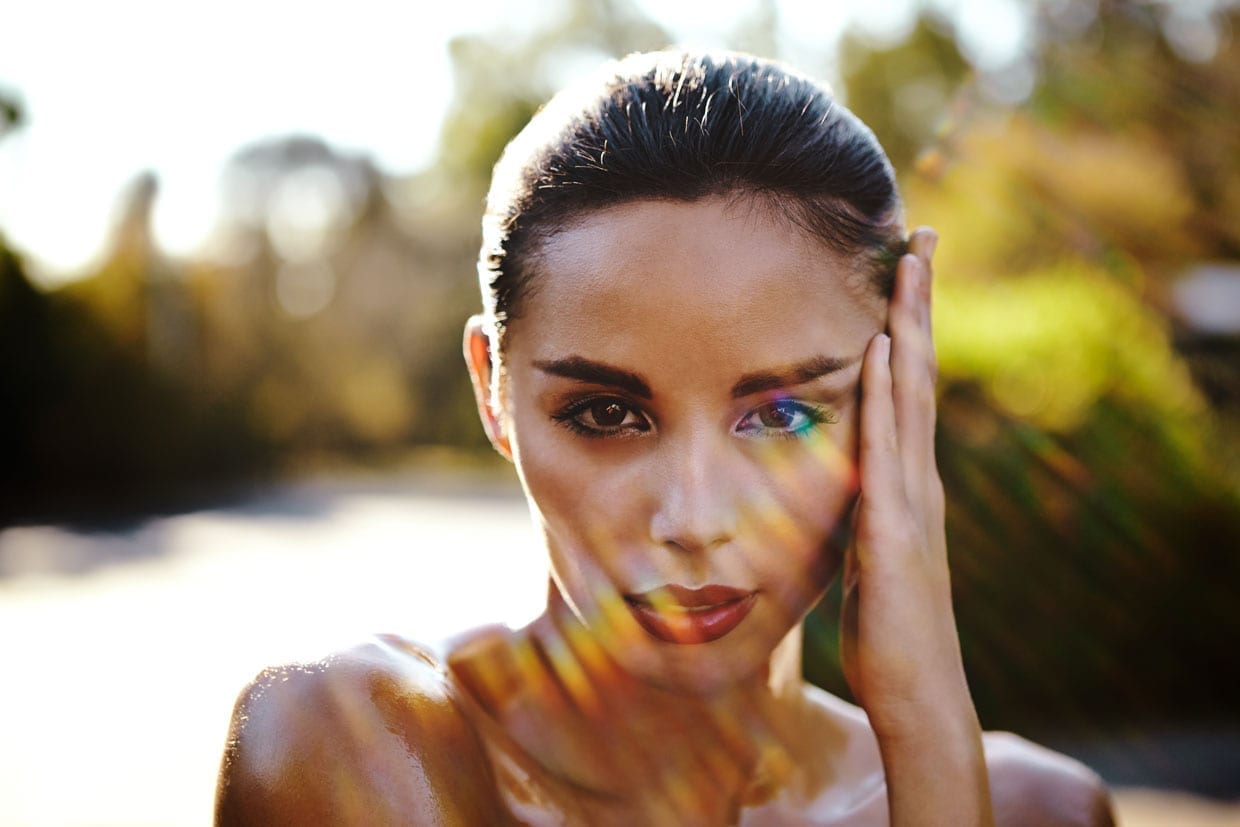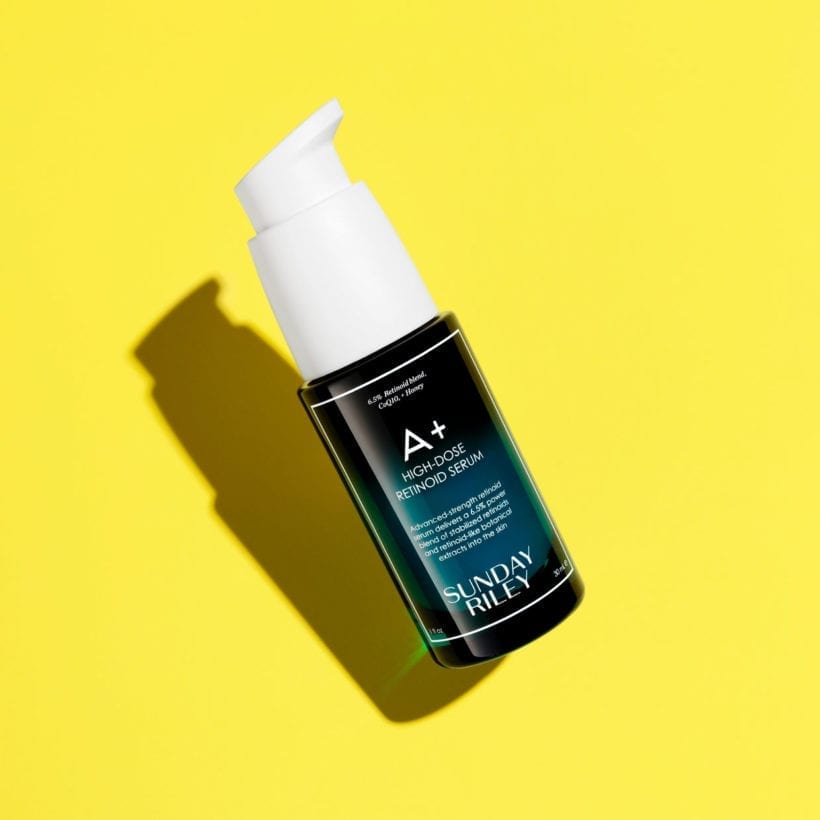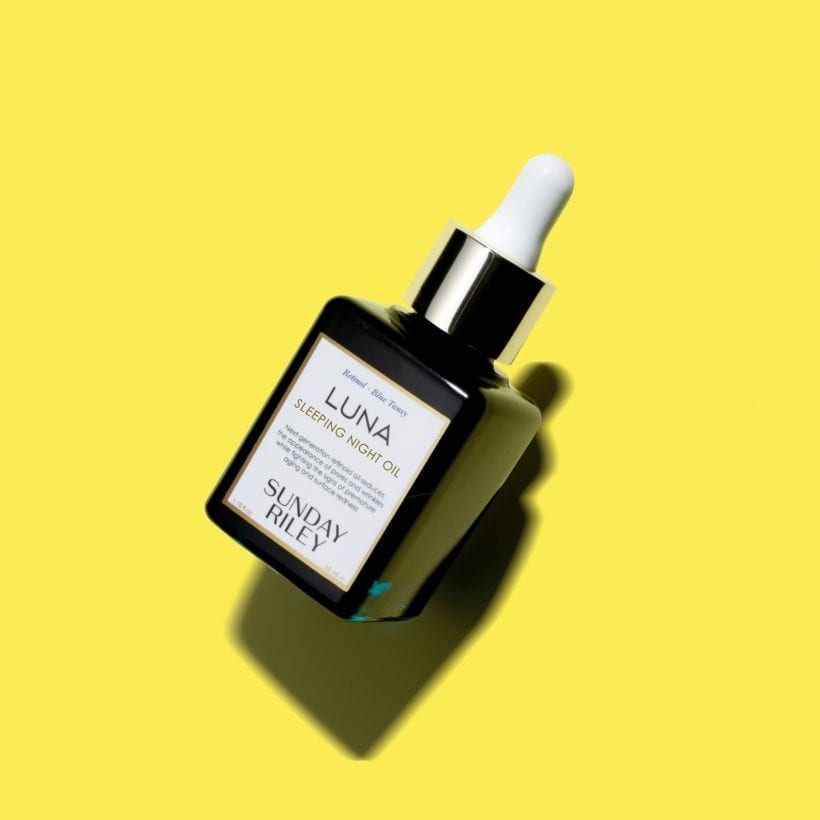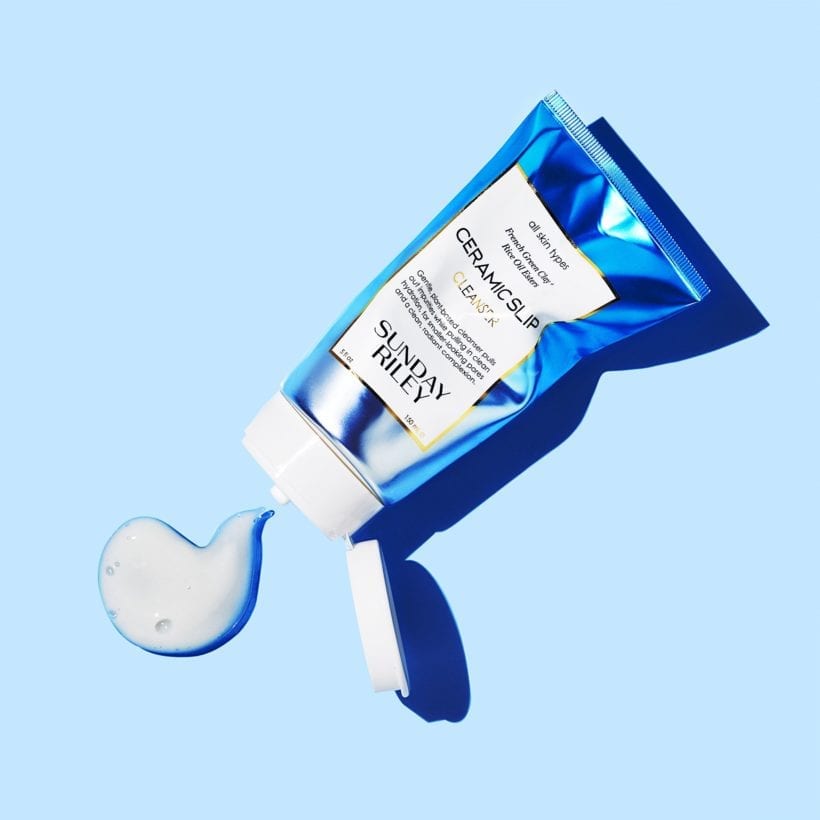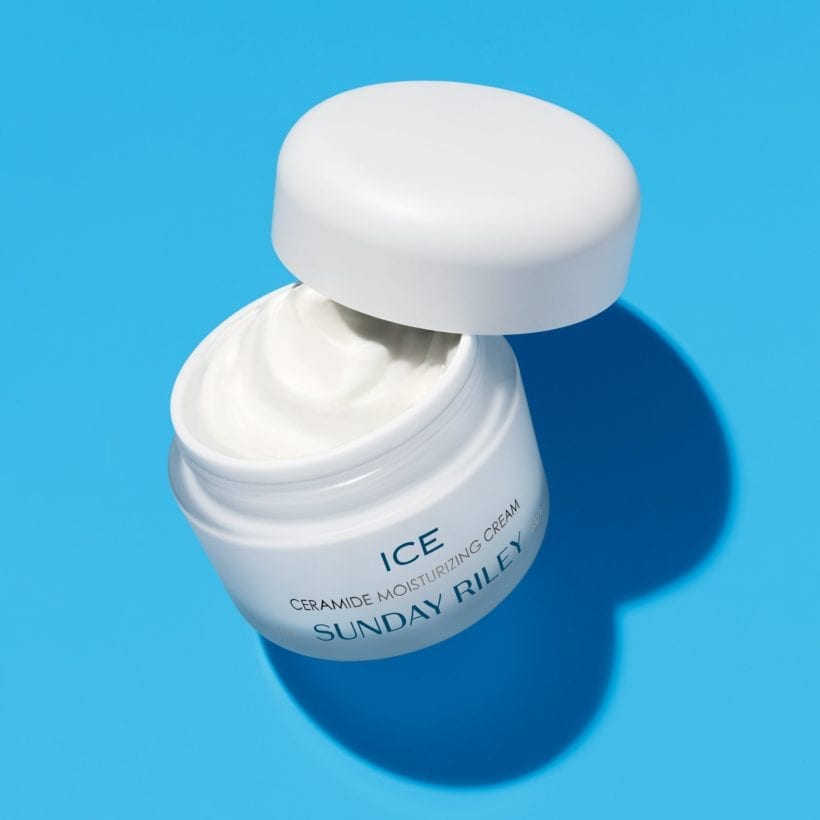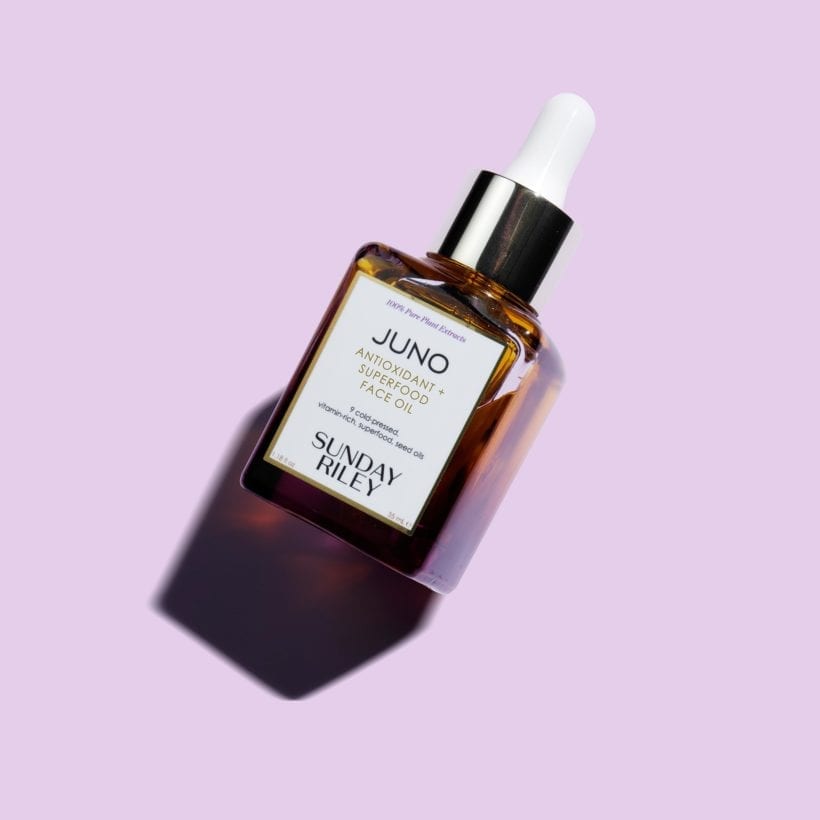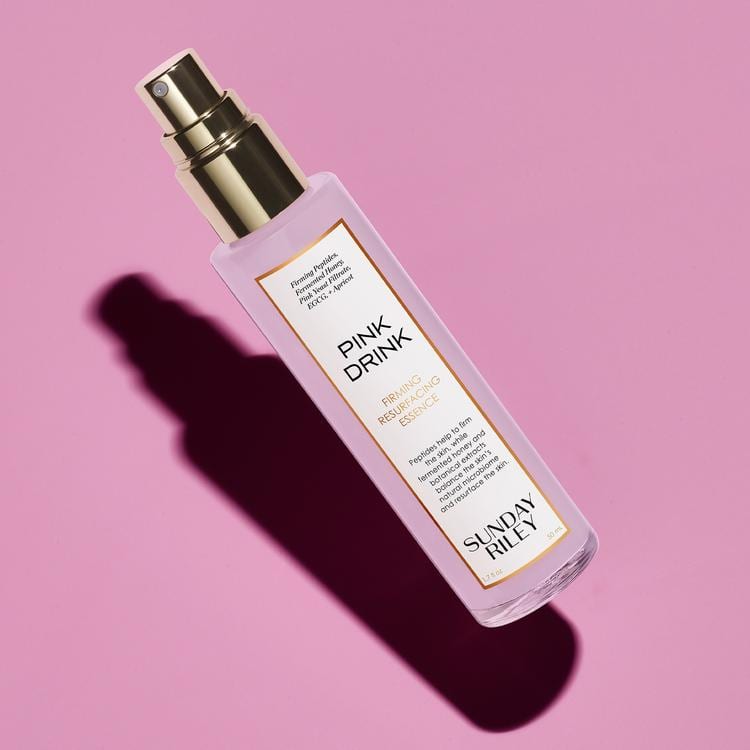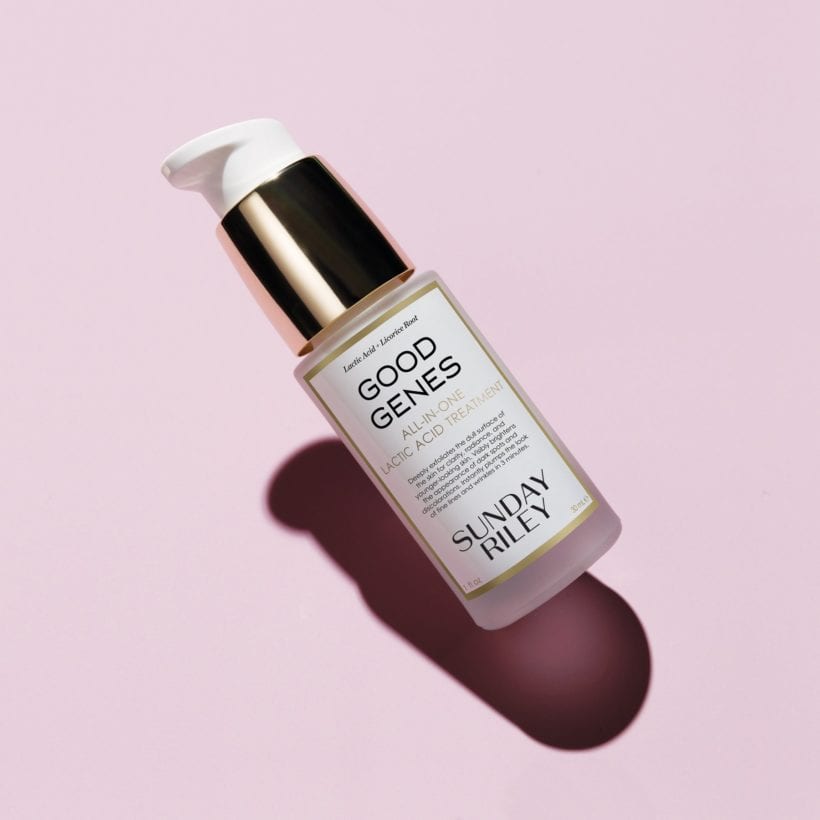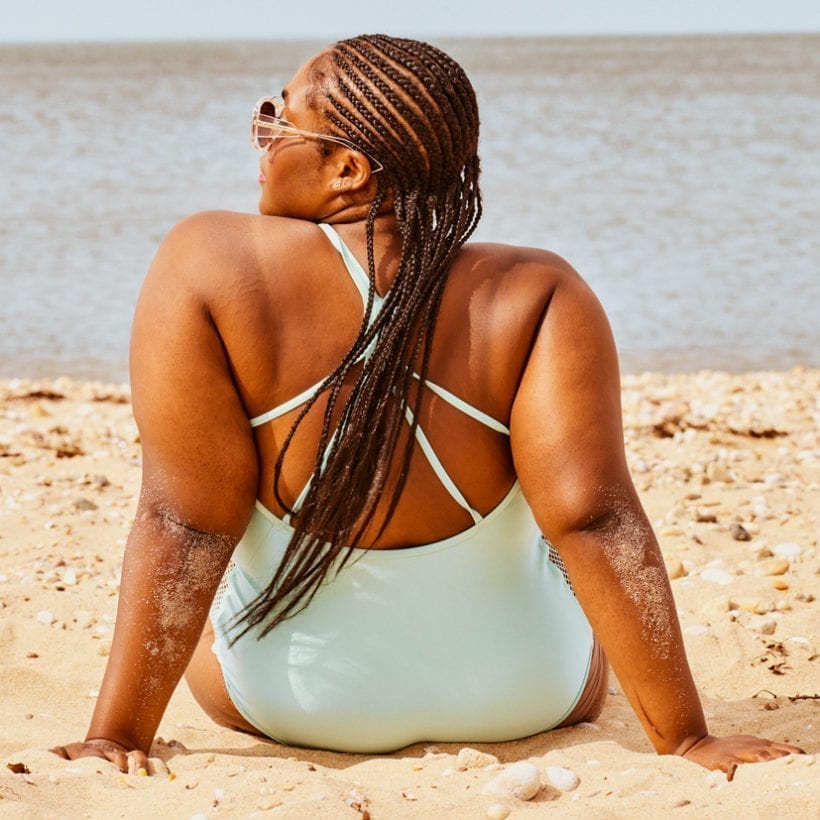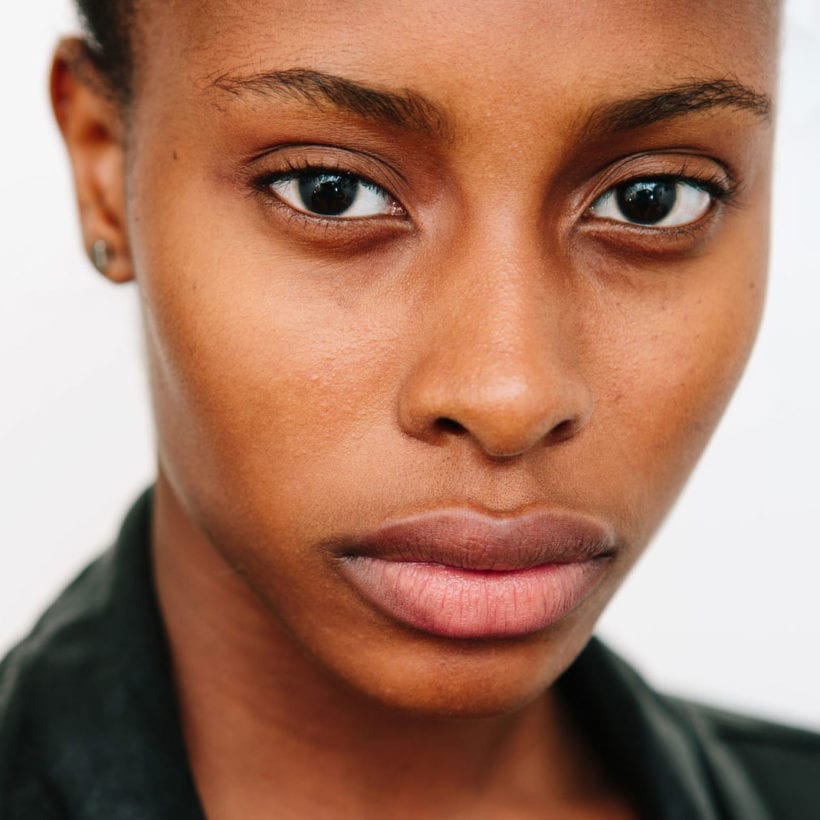Summer is almost here. Ever wondered why that golden tan comes with a hefty price tag? It’s all thanks to the sun’s ultraviolet (UV) rays, which, while they might give us that beachy glow, also fast-track our skin’s aging process. ‘These rays penetrate deep, breaking down collagen and elastin — the very scaffolding that keeps our skin plump and youthful. The result? Hello, wrinkles, sunspots, and sagging! More insidiously, UV exposure can lead to skin cancer. So, slather on that SPF, rock those chic sunnies and wide-brim hats, pick the prettiest long sleeve UV protect swimsuit, and embrace the shade. Your skin will thank you by staying radiant and more youthfully resilient for years to come. Trust me, future you will be grateful for the skin TLC!’ says Sunday Riley, CEO, founder, and product formulator. But as the seasons shift, is it safe to use retinol and acids when we also find ourselves constantly in the sun?
Meet the Experts
Sunday Riley , CEO, founder and product formulator
Gary Goldenberg , M.D., assistant clinical professor of dermatology at the Icahn School of Medicine at Mount Sinai Hospital
Charisse Dolitsky , M.D., a dermatologist at Schweiger Dermatology Group on Long Island
Acids, Retinol, and Sun Exposure Myths
‘I think there’s a lot of misconception about vitamins and retinoids, especially during the summer. But as long as I leave them plenty of time between applications, they do play well together. And I love using an alpha hydroxy acid with my retinoid because it will reduce flakiness. I’m also always thinking about my moisture barrier and my skin microbiome. I get this is intense! But it’s just me, and it works. I’m just not a one-serum person. I’m all in, no matter the season,’ shares Riley.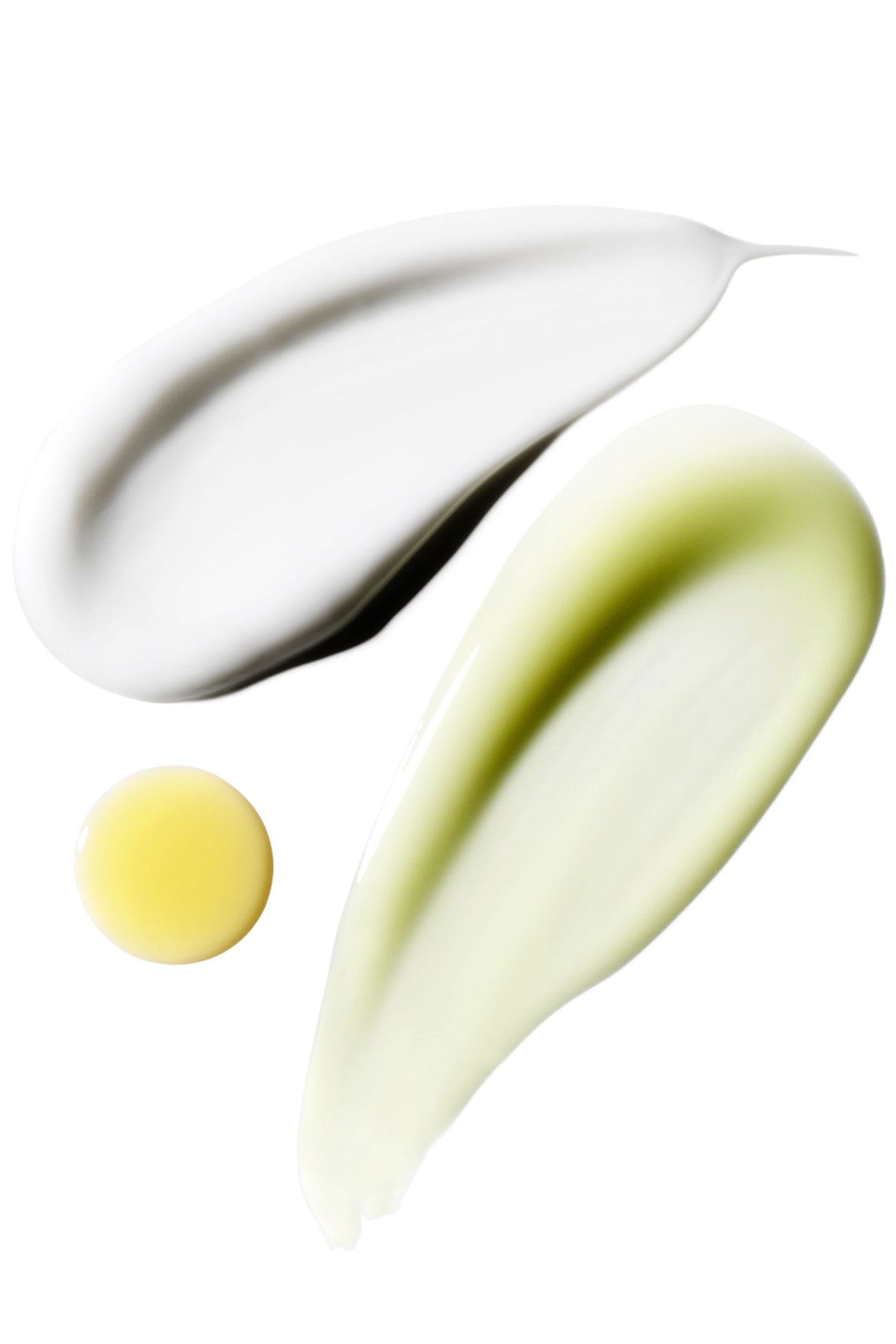
So, experts break it down for us — from misconceptions to must-dos — when it comes to using retinol and skincare acids in the summer. And as it turns out, the recommendations are the same for both. Summer is actually the best time to try out the duo. ‘In summer, the air typically holds more moisture compared to the dry winter months. This increased humidity can help keep your skin naturally hydrated. Since retinoids and even Vitamin C can sometimes be drying or irritating, the extra moisture in the air may help mitigate these effects, making the skin more receptive to these potent ingredients. Also, summer demands more from your skincare due to increased exposure to UV rays and pollutants. Vitamin C is an antioxidant that helps combat potential damage from these environmental stressors by neutralizing harmful free radicals. It also boosts collagen production, helping to repair UV damage and improve skin brightness. Using Vitamin C during summer can provide an extra shield against environmental damage.
Similarly, retinoids—which are derivatives of Vitamin A — work by promoting rapid cell turnover. They’re more effective when the skin is well-hydrated and less prone to irritation. The humid summer air can create a supportive environment for using retinoids, especially if you’re starting them for the first time or have sensitive skin,’ explains Sunday.
What Does Retinol Do?
“Retinol is a topically applied product that is derived from vitamin A. When it penetrates the skin, it is converted to retinoic acid, which has anti-aging effects. It can gradually reduce fine lines and uneven skin pigmentation,” explains Sunday. Retinol is also extremely useful in cleaning up dead skin cells and clogged pores, turning dull skin to glowing.
What Do Acids Do?
On the other side of the spectrum are the skincare acids. “Skincare acid is a product that has acidic pH. These products are usually used to help improve skin tone and texture and work by normalizing the outer layer of the skin called [the] epidermis,” says Gary Goldenberg, M.D., assistant clinical professor of dermatology at the Icahn School of Medicine at Mount Sinai Hospital. But there are different types — alpha hydroxy acids and beta hydroxy acids. “The [acids] commonly encountered in cosmetic products are glycolic acid, lactic acid, and salicylic acid … They can reduce clogged pores and acne, help improve skin texture, radiance, and fine lines,” adds Charisse Dolitsky, M.D., a dermatologist at Schweiger Dermatology Group on Long Island. Acids can be used in the morning and night to slough off dead skin cells, leaving glowing skin behind by chemically exfoliating your face.
How Acids, Retinol, and the Sun Interact
So, how do these products react with your summer skin? The simple answer: the same as the rest of the year. It is safe to use them year-round, although you may consult with an expert before adding a new product to your routine. ‘It’s also crucial to apply a broad-spectrum sunscreen with a high SPF daily when using these products,’ reminds us Sunday.
Retinol and Acid Summertime Skincare Tips
But there are a few aspects that should call for heightened awareness during the summer (or anytime you will face prolonged sun exposure).
1. Can you use retinol in the summer?
While many might be wary of using retinol in the summer due to its potential to increase skin sensitivity to sunlight, it can still be safely incorporated into your skincare routine during the warmer months. ‘The key is diligent sun protection. Applying a broad-spectrum sunscreen with at least SPF 30 daily is crucial when using retinol products. Additionally, consider using retinol in the evening to minimize sun exposure and pair it with antioxidants like vitamin C in the morning to further protect your skin. This approach allows you to continue benefiting from retinol’s powerful anti-aging and skin-smoothing effects even during summer,’ explains Sunday. ‘All our retinol products are balanced by botanicals so that you will have results without downtime; forget about redness or scaliness. Let’s take Luna Sleeping Night oil. In its formula, trans-retinol is balanced with blue tansy and German chamomile essential oils, both rich in soothing blue azulene. They are going to neutralize visible redness and the signs of sensitivity right away’.
2. Does retinol cause sun sensitivity?
Retinol does not dramatically enhance sun sensitivity (it can make skin a tiny bit more sensitive to the sun, but it’s normally only for a week or two when first using retinol), and the chance of increased sunburn risk is slim.
The sun is something to be cognizant of no matter if you are using retinol products or not. Sunday says to invest in sunscreen with an SPF of 30 or higher, and if you are going to be in the sun, use UPF clothing and a wide-brimmed hat.
3. Can you put retinol on a sunburn?
And if you do happen to sunburn your face? It is best to take a step back from your routine. “If you get a sunburn, you should not apply anything potentially irritating to your skin,” says Goldenberg. If you choose to apply retinol over a sunburn, it could cause irritation and sting, according to Dolitsky.
If you got sunburnt, your game plan will consist of a short, simple routine:
- Continue to wash your face every day — switch to a super-gentle, non-foaming cleanser if you don’t use one already. By steering clear of harsh sulfates and incorporating gentle clays alongside baby-safe soaps, Sunday Riley’s Ceramic Slip offers a soothing solution that respects the skin’s natural barrier, embodying a gentle approach to skincare that many have long been seeking. ‘You don’t want to take all the good lipids off; you want to take the excess off, but you don’t want to strip your skin and then create massive, massive problems,’ adds Sunday.
- Applying moisturizer will help the skin recover and strengthen its barrier from sun damage. Focus on ingredients that aim to repair your skin’s moisture barrier, like ceramides (tip: Sunday Riley Ice Ceramide Moisturizing Cream is chock full of it). ‘As we all get older, we have less and less ceramides in our skin. We need to stop transepidermal water loss by really reinforcing that moisture barrier. Nice oil can help in that process as well.’ Juno is restoring and rehydrating the skin’s natural moisture barrier with a blend of organic, cold-pressed, antioxidant-rich superfood seed oils. ’This was the first oil that I formulated. It is very gentle for sensitive and reactive skin. It was created with 100% pure plant extracts, without synthetic fragrance, essential oils, or preservatives, to nurture even the most sensitive skin’, says Sunday. Mix ICE Ceramide moisturizing cream with Juno oil – one of Sunday’s favorite cocktails. ‘When I cocktail an oil and a serum or cream, I find that together they sink into the skin faster than they do separately as individuals, and it doesn’t affect the efficacy of the products,’ adds Sunday. Infusing the skin with ceramides kind of resets the clock to the state that your skin was in before you got sunburnt.
- For extra comfort, place a cool, damp cloth on your skin for 10 minutes before applying your moisturizer to help soothe irritation. Or apply an essence with soothing ingredients when you feel itchy, or your skin is peeling. Pink Drink is a power drink for your skin, a peptide-infused essence that resurfaces, firms, and balances (while drenching the skin in botanical and antioxidant support). With prebiotics to support the skin’s natural microbiome, skin-firming peptides, vitamin-rich apricot and cucumber extracts, EGCG (a super-powered antioxidant from green tea), and ceramides. Hydrating and rebalancing allow for the best absorption and deeper penetration to the skin barrier. ‘Instead of soaking a cotton pad (you will lose a lot of product that way because of its watery consistency), apply a quarter-sized amount of the essence into your palms and pat it gently into your skin,’ explains Riley. ‘I also use this throughout the day to refresh my skin on top of my makeup. This is something that I use all day long. It’s on my desk when I need a pick me up.’
- Continue to use ample SPF as part of your daily routine since it’s imperative to protect those new layers of skin. Especially if you will be in the sun, applying sunscreen is crucial to prevent intensifying irritation/burning of the damaged skin. ‘Look at your routine and if it’s right for you. All Sunday Riley products are powered by science and then balanced by botanicals. For me, that is the whole 360 health of the skin,’ says Sunday.
4. Can I apply retinol around the eyes?
It’s completely safe to apply retinol around the eyes. It’s important to use retinol eye creams and serums that are “specifically formulated to be used in the delicate eye area like 5 Stars Retinoid+Niacinamide Eye Serum, so they are likely to be rich with moisturizing, anti-inflammatory and skin-soothing ingredients,” explains Sunday. ‘5 Stars is a targeted and gentle anti-aging treatment for the delicate eye area that you can apply daily in the evenings, before or after moisturizer. Using your ring and middle fingers, lightly tap a pearl-sized amount onto the eye area and massage outwards around the outer crow’s feet, under the eye, and between brow bone and eyebrow’, says Sunday.
5. Can I use retinol together with chemical exfoliants?
“Retinol can be effectively combined with chemical exfoliants, such as alpha hydroxy acids, as long as they are applied at different times. This combination can be beneficial, particularly because the alpha hydroxy acid helps to reduce the flakiness that retinol might cause. As a general guideline, it’s advantageous to use vitamin C during the day to guard against environmental stressors, while retinol should be applied at night to aid skin repair and restoration,” says Sunday.
6. Does retinol thin the skin?
Retinol only thins the top layer of skin, which consists of dead skin cells you don’t want. Retinol actually thickens skin layers below the surface. ‘I could write a love letter to retinoids; I love them! Retinols work topically by interacting at the superficial layers of our skin to increase cellular proliferation and turnover, ‘revealing’ new skin. In the process, they also encourage skin cells to produce more collagen, which helps fill fine lines. The ingredient is also a “gold standard” in treating pigmentation issues like post-acne scarring or sun damage. A lot of retinols out there can be quite drying to the skin, which is partly why some people really suffer when using retinol for the first time. I think we all get a little hung up on percentages and ensuring we always put the highest concentrations of active ingredients on our skin. When, in fact, we sometimes need to look at the ingredients themselves, the quality of the ingredients, and how they are being delivered to the skin. We should see topical retinoids as a marathon race and not a sprint; we need to allow them time to be effective and do what they do best. That’s why, when I was formulating 5 Stars Retinoid+Niacinamide Serum, it was important for me to formulate, yes, with the retinoid complex (5% retinoid ester, 1% liposome encapsulated retinol), but also a wide range of skin-benefiting botanicals like poppy seed extract and ceramides to soothe, smooth, and nurture the eye area. The formulation is also packed with bioactive centella asiatica to support natural collagen production and niacinamide to support ceramide production, brighten the look of discolorations (and possibly dark circles), and soften the look of lines and wrinkles, while olive oil and shea butter help to rehydrate for overnight restoration.’
Final Thoughts
The bottom line? Acids and retinol are approved for summer use as long as you have a strong sun-protection plan in place. Retinols absolutely shouldn’t be used if you’re pregnant or breastfeeding. There’s a rare, remote possibility that retinol absorbed through the skin can cause birth defects, so dermatologists strongly advise staying away from them. It is recommended that all retinol be discontinued at least 30 days before the cycle of effort to conceive.
We only recommend products we have independently researched, tested, and loved. If you purchase a product found through our links, Sunday Edit may earn an affiliate commission.
